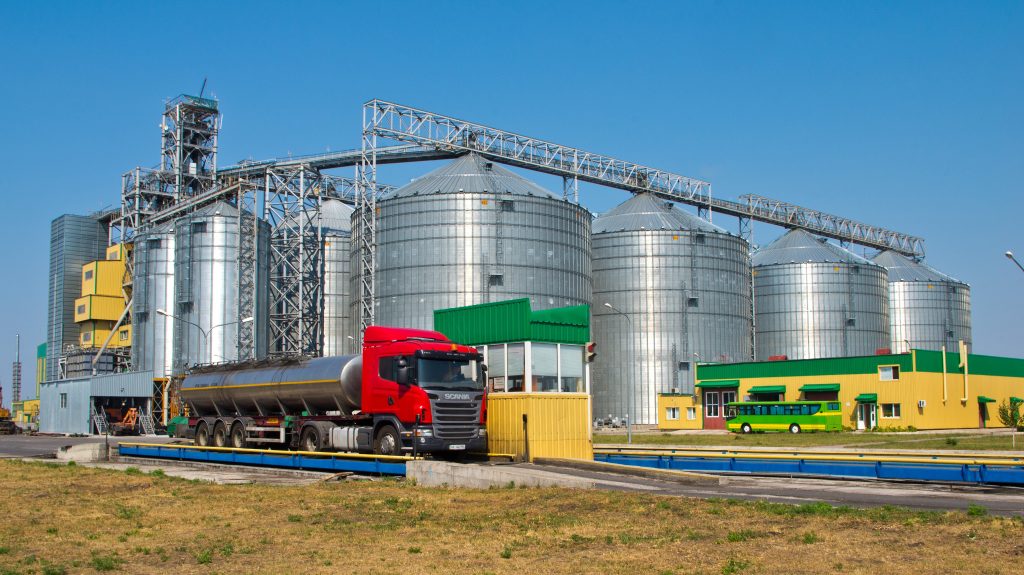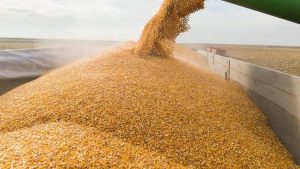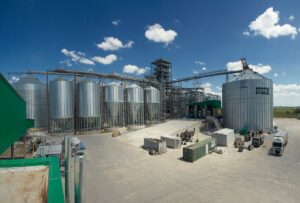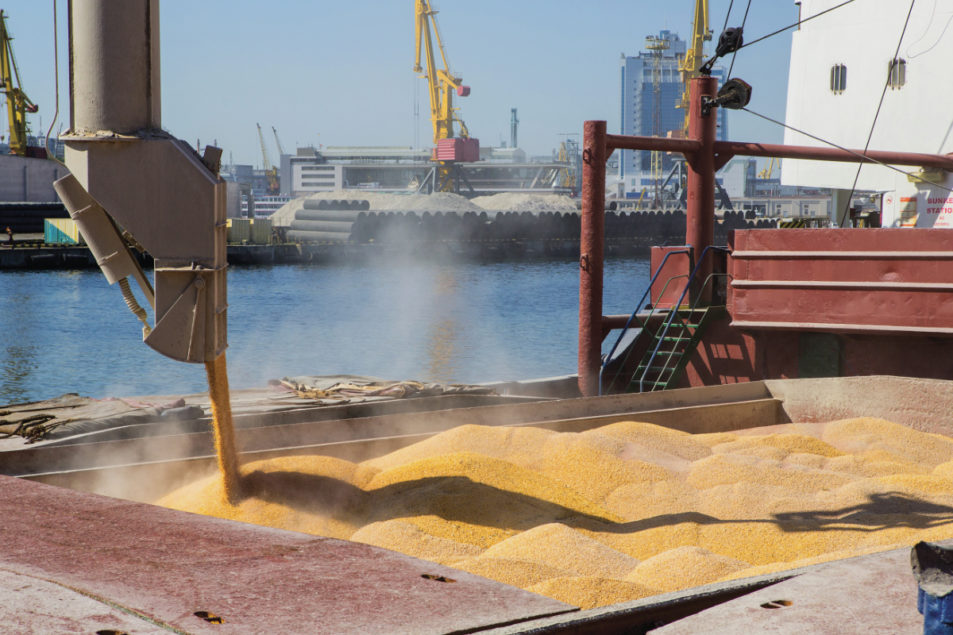Kernel spoke about the consequences of Russian attacks on port infrastructure

The Ukrainian agricultural holding “Kernel” estimates the damages caused by Russia’s attack on the port infrastructure at 20 million dollars.
The restoration work may last up to 12 months in some cases, writes Latifundist with reference to the company’s announcement on the Warsaw Stock Exchange. The estimated cost of lost Kernel goods is approximately $12 million.
“Russian missile attacks caused serious damage to the grain export infrastructure in the Ukrainian ports of Odesa and Chornomorsk, including the vital assets of Kernel.” The attack caused significant damage to warehouses, water intake tanks and loading equipment,” Kernel reported.
Subsequently, on July 24, 2023, another Russian shelling was aimed at the port of Reni on the Danube River. The attack damaged the port infrastructure, affected the group’s assets from the vegetable oil transshipment terminal — led to the loss of 6,000 tons of storage capacity, damage to railway receiving containers and pipeline equipment. In addition, almost a thousand tons of sunflower oil were spilled and lost.
On August 6, 2023, a significant missile strike hit one of the Kernel elevators located in the Khmelnytskyi region. The attack led to the destruction of 21,000 tons of storage facilities and auto-unloading equipment. In addition, a storage facility with a volume of 44,000 tons, dryers and administrative buildings were damaged.
“The series of attacks culminated on August 16, 2023, when Russian drones targeted and severely damaged all grain storage facilities belonging to the group’s grain terminal in the port of Reni. This attack also resulted in the destruction of valuable cargo equipment,” Kernel said.
As a result of the Russians’ termination of the Grain Agreement, the company’s grain exports fell to 10,000 tons in July, sunflower meal to 33,000 tons, and sunflower seeds to 84,000 tons.
“It is important to note that both the equipment and stock affected are not covered by insurance against such unforeseen events. Therefore, these events negatively affected the liquidity position of the agricultural holding, emphasizing the financial problems caused by the current circumstances,” Kernel summarized.





